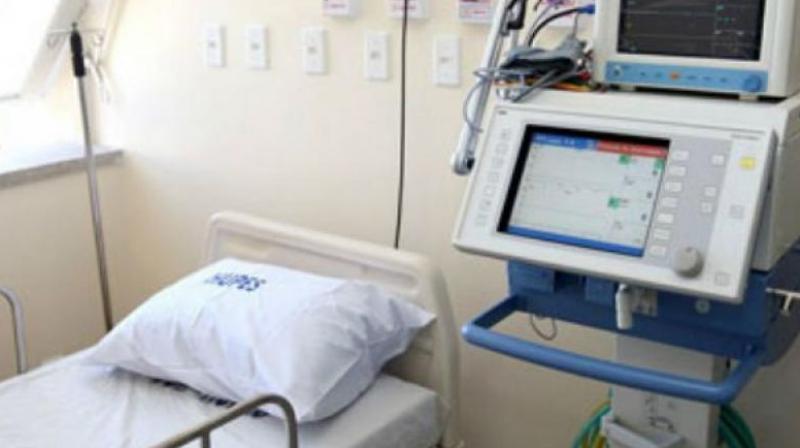How hospital in a hut brought health care to tribal area

Chennai: When doctor Regi M George and Lalitha got married, little would they have known that service to the underprivileged would be their lot in life and career. In 1993 when they visited Sittilingi, a remote tribal area in Tamil Nadu, they came to know that the nearest hospital was 50 kilometers away. The place, located in Dharmapuri district to the south of Tiruvannamalai and west of Villupuram, had the highest infant mortality rate in the country.
As doctors, they knew they had to do something about the mortality rate. It was 25 years ago that they started by building a small hut for a hospital with just a single room, a hundred watt bulb and a bench. Regi and Lalitha called their service the Tribal Health Initiative (THI).
Today, the infant mortality rate in Sittilingi has reduced to 20 per 1000 which is one of the lowest in India and no mothers have died in childbirth in the past 5 years. The hospital has gradually increased in size and has grown to its current 35-bed facility with an ICU, X-Ray, Ultrasound, a modern operation theatre and other latest facilities so that no tribal would have to go to the city to get treated. It is the only hospital in a 100-km radius now and they treat around one lakh patients annually.
When they first came here 25 years back in 1993, they were faced with a lot of challenges. With absolutely no money with them they had to raise donations to do even the simplest of medical procedures, they were in isolation with no friends around and the nearest phone being 100 kms away. Their kids were just growing up and they had no schools for them here. They faced resistance from the villagers too but once they saw the couple struggling and still living amidst them with an aim to make a difference to their lives, the villagers started having a lot of love and respect for them.
“We have been providing low cost care to the tribals for the past 25 years but as we improve the quality of treatment and keep doing more complex surgeries we will require funds to keep this hospital running. We will need to pay our staff, pay for the medicines and maintain the equipment also. It is unfair to ask a tribal population to support this level of healthcare for them. If we stop doing this then they won't have the means to visit the city for treatment, they will just go back to their huts and die,” says Dr Regi.

